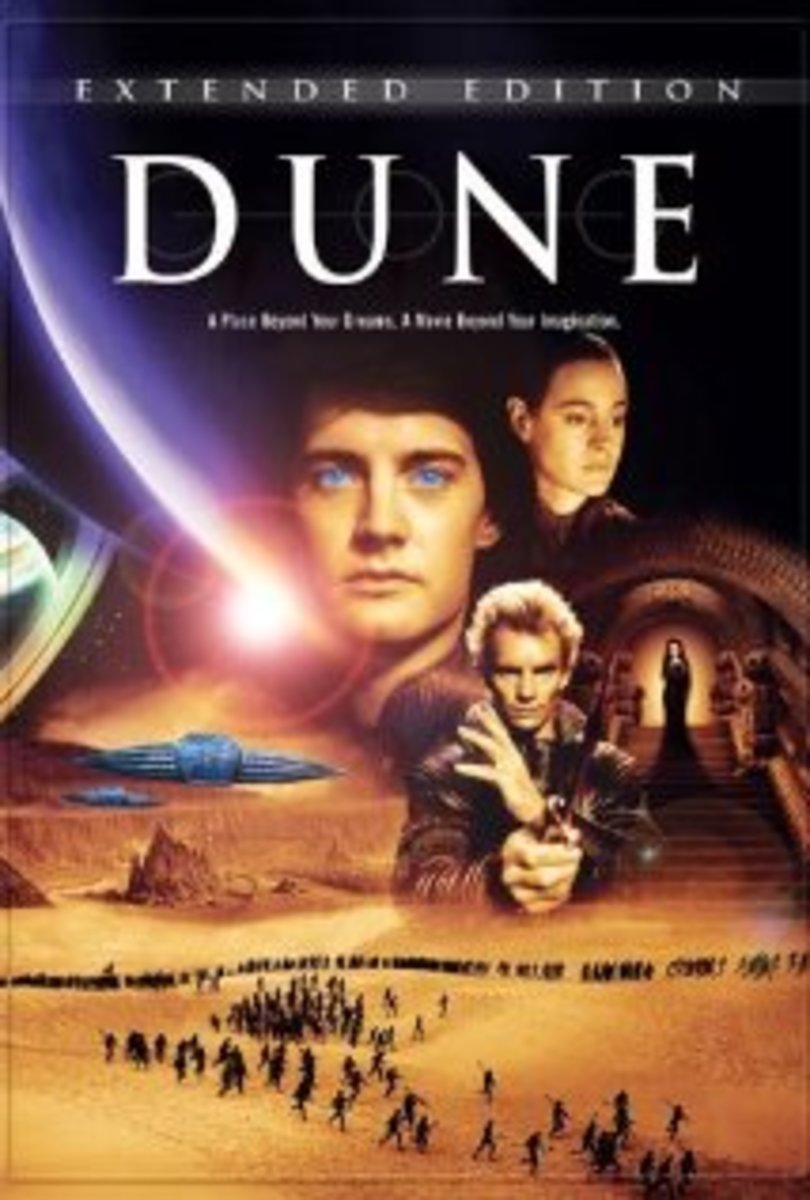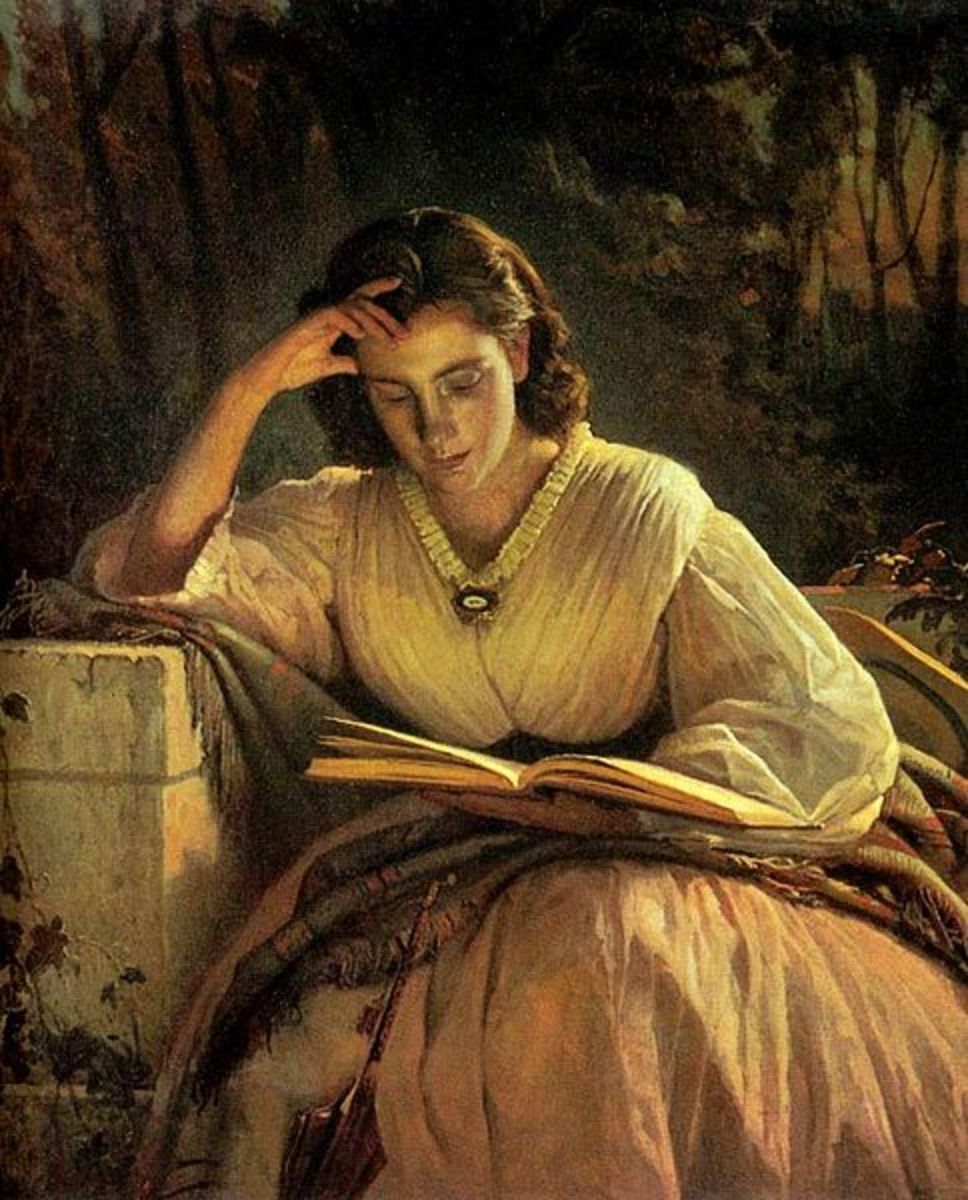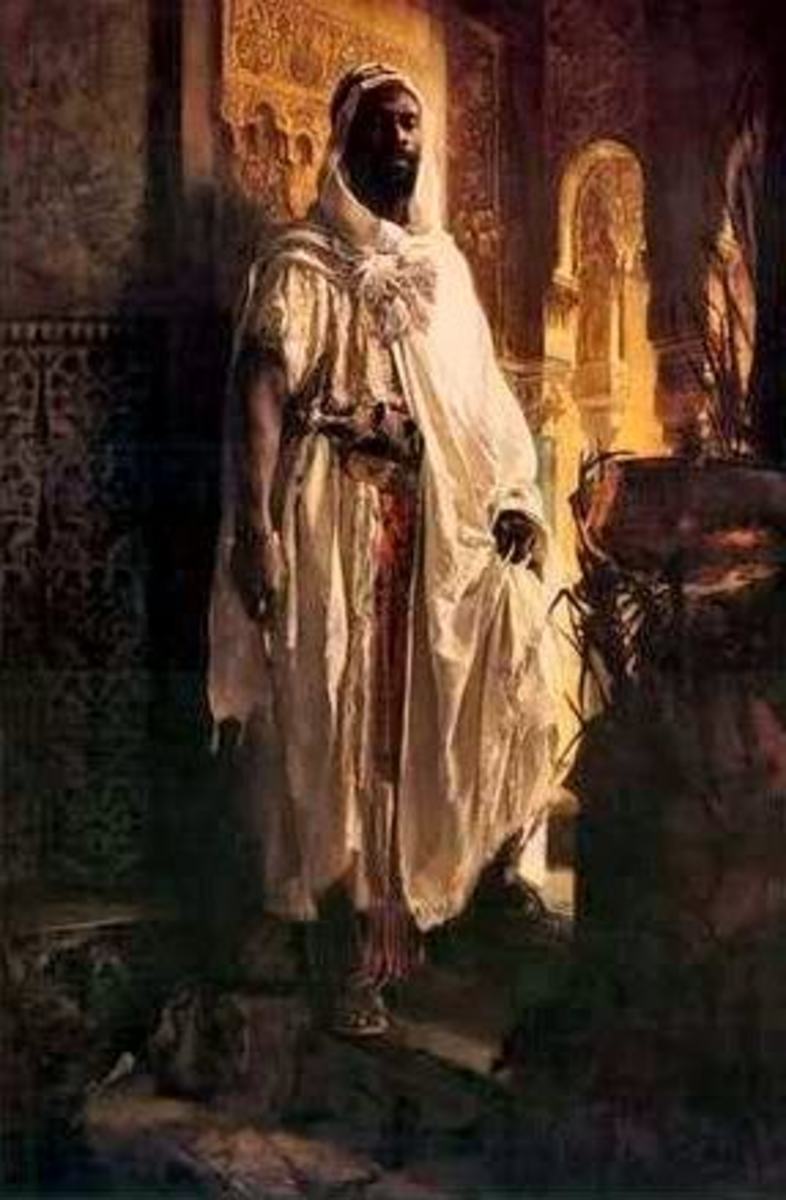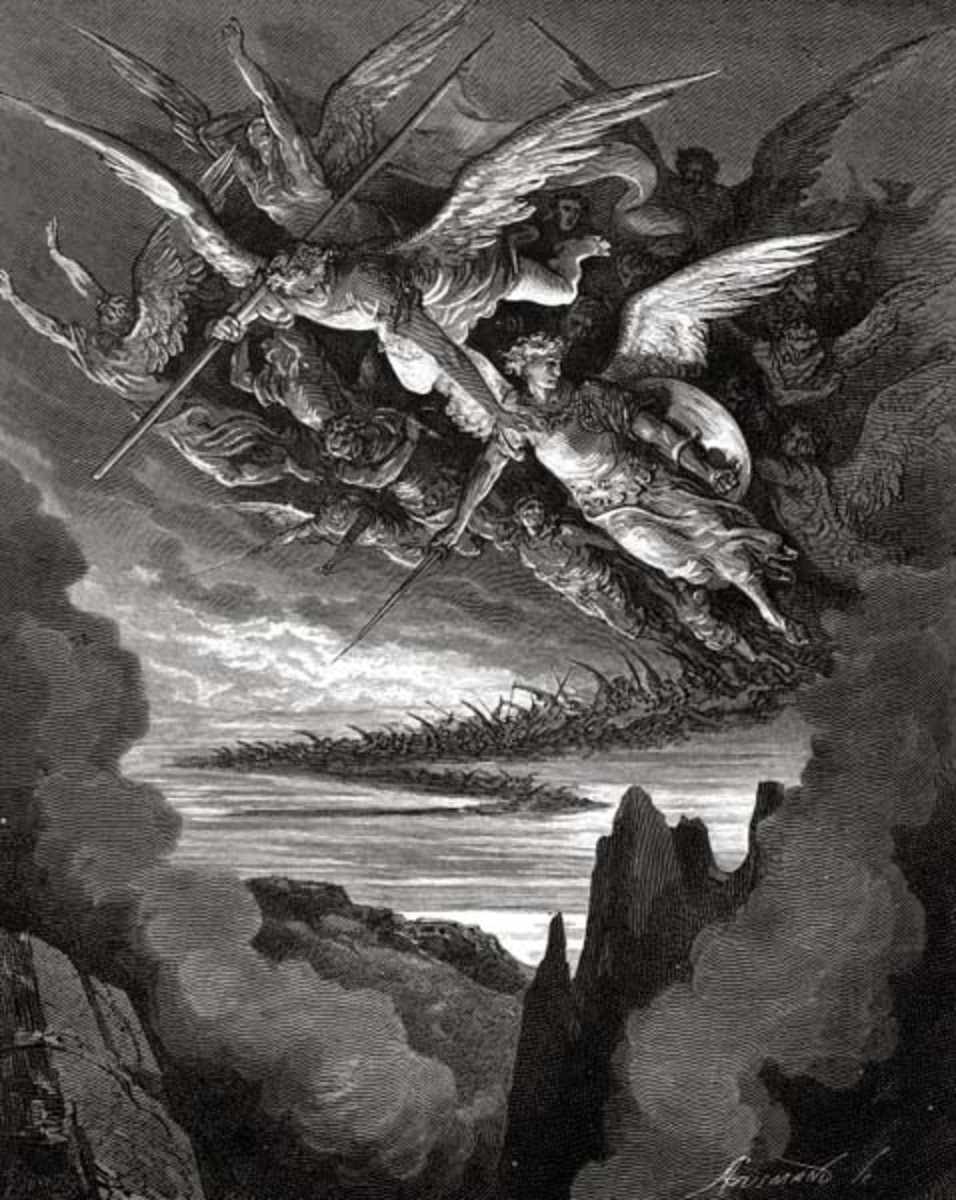10 Great Historical Fiction Novels
I've been a fan of historical fiction ever since I first started reading novels. Great historical fiction can bring the past alive in a way that dusty history books can't match. Historical fiction offers all the escapism of fantasy or science fiction, but the literary quality of the writing generally far surpasses that of mere genre fiction. Here I've collected 10 of my favorite historical novels. I hope you enjoy them as much as I have.
I, Claudius by Robert Graves
Along with its sequel, Claudius the God, this is the fictional autobiography of the lame and stammering emperor Claudius. All the great figures from the reigns of Augustus, Tiberius, Caligula and Nero are here, including the unforgettable Livia, wife of Augustus and grandmother of Claudius. In Graves' telling, Claudius the fool is much more than meets the eye as he becomes an accidental emperor after being found hiding behind some curtains after the murder of Caligula.
Creation by Gore Vidal
If you only know Gore Vidal from his public persona as a kind of patrician political blowhard, you might be surprised by the subtlety of his talents as a novelist. Creation is the account of a grandson of the Iranian prophet Zoroaster. Set in 5th century B.C., a time of extraordinary intellectual and religious foment, the narrator details his encounters with Socrates, the Buddha, Confucius, Zoroaster, and Lao Tse, who were all reasonably near contemporaries.
Kristin Lavransdatter by Sigrid Undset
Undset won the Nobel Prize for Literature, and this is undoubtedly her masterpiece. A love triangle heavy with phsycological torment and a heaping of heavy Christian guilt ensues when the eponymous Kristin falls for the dashing by unsubstantial Erlund instead of the dull but solid Simon.
The Last of the Wine by Mary Renault
It's hard to single out just one of Mary Renault's novels of ancient Greece, since they're all so amazing, but The Last of the Wine is a good place to start if you're unfamiliar with her work. It's a (male) love story set in ancient Athens at the time of its fall to Sparta, and Plato and Socrates play key parts in the narrative.
Mutiny on the Bounty by Charles Nordhoff and James Norman Hall
Part of a trilogy that includes Men Against the Sea, and Pitcairn's Island, this is a wonderfl account of the famous mutiny on the HMS Bounty. Nordhoff and Hall are highly sypathetic to the brilliant but tyranical Captain Bligh, who led a small group of loyalists back to England in a small boat after being deposed by Fletcher Christian.
The Cloister and the Hearth by Charles Reade
Reade is not much read now, but he was a highly popular English novelist in the 19th century and this is his finest work. It's a poignant and tragic love story set in 16th century Holland. Two lovers are sundered when one of them is kidnapped, only to be reunited many years later. Their brief love leads to the birth of the great scholar Erasmus.
The White Company by Arthur Conan Doyle
Conan Doyle is of course most famous as the creator of Sherlock Holmes, but this is the work he was most proud of. It's a wildly entertaining portrait of England during the 14th century, when the Age of Chivalry was at its height. Here chivalry is embodied by the energetic Sir Nigel, the mad-as-a-hatter knight (who Conan Doyle seems to love and admire) who maintains his spotless honor while managing to get his whole company annihilated.
Memoirs of Hadrian by Marguerite Yourcenar
This brilliant novel is a series of letter from the second century emperor Hadrian to his nephew Marcus Aurelius. It's both a fascinating narrative and a philosophical tour de force.
Quo Vadis by Henryk Sienkiewicz
Polish author Sienkiewicz won the Nobel Prize partly on the strength of this novel, set in first century Rome at the time of the first stirrings of Christianity. This is the story of Christian meekness in the face of Roman brutality as the apostle Peter was founding the modern church with his small band of followers.
The Name of the Rose by Umberto Eco
A murder mystery set in a 14th century Italian monastery. The monk William of Baskerville turns detective to unravel the tangle events that culminate in several murders. Eco interweaves complex modern semiotics into a brilliant whodunit.
Related Articles
- The Best Horse Racing Books
The rich literature of the Sport of Kings. - The Best Investment Books Ever Written
Great investing books. Not for those looking to get rich quick. - The Best Golf Books
The most notable literature from the thinking man's game.








